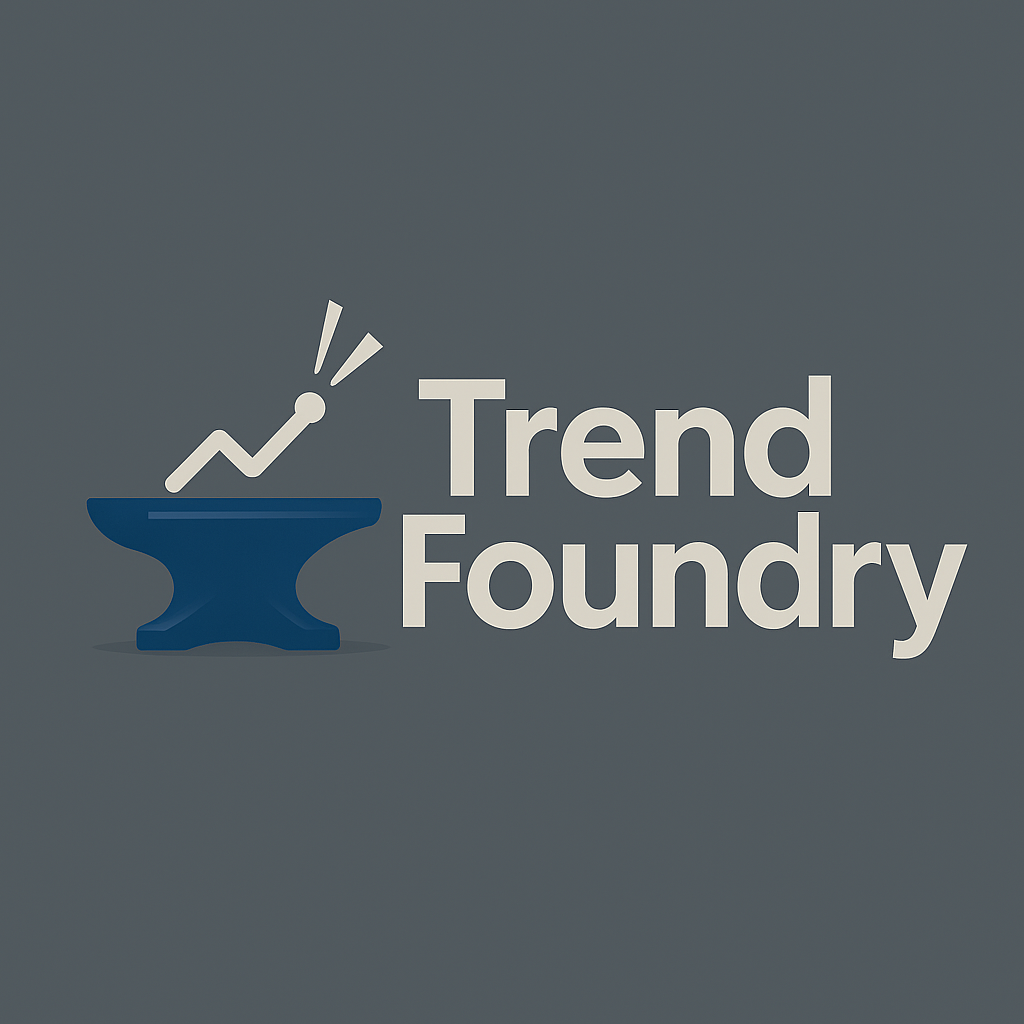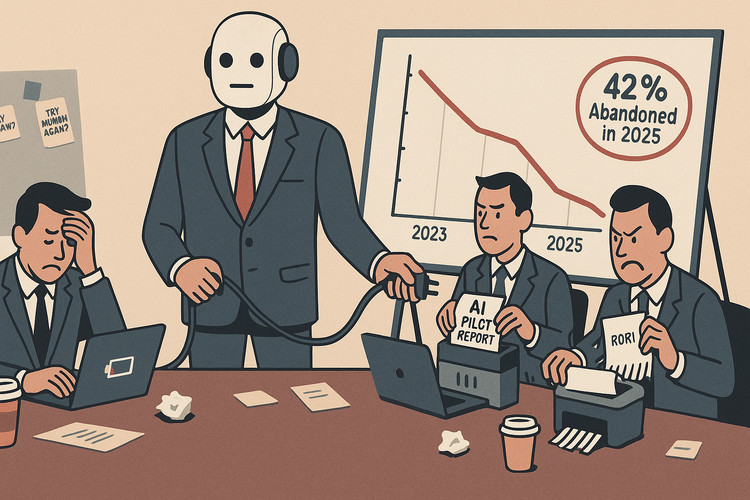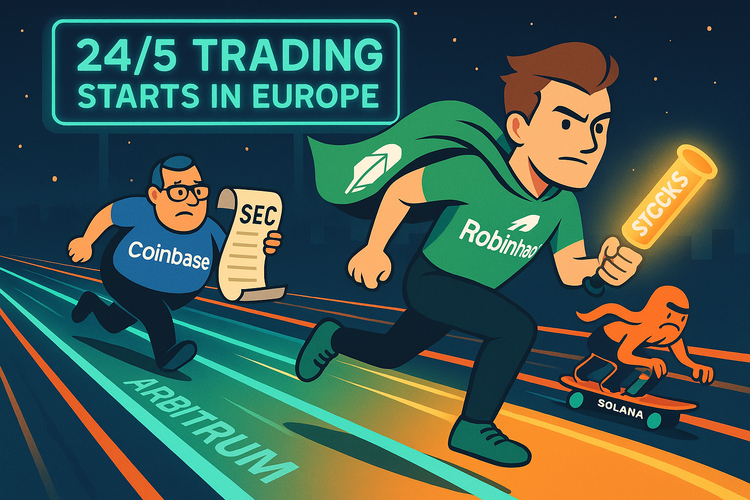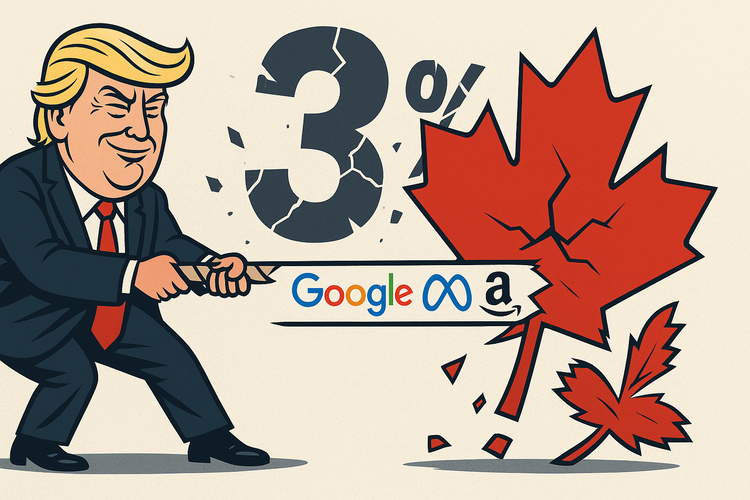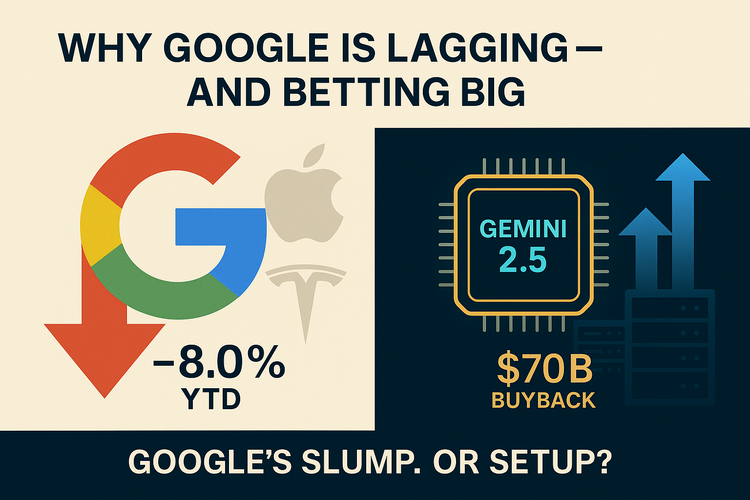Why Gen Z Is Betting Big on Sneakers, Crypto, and Collectibles
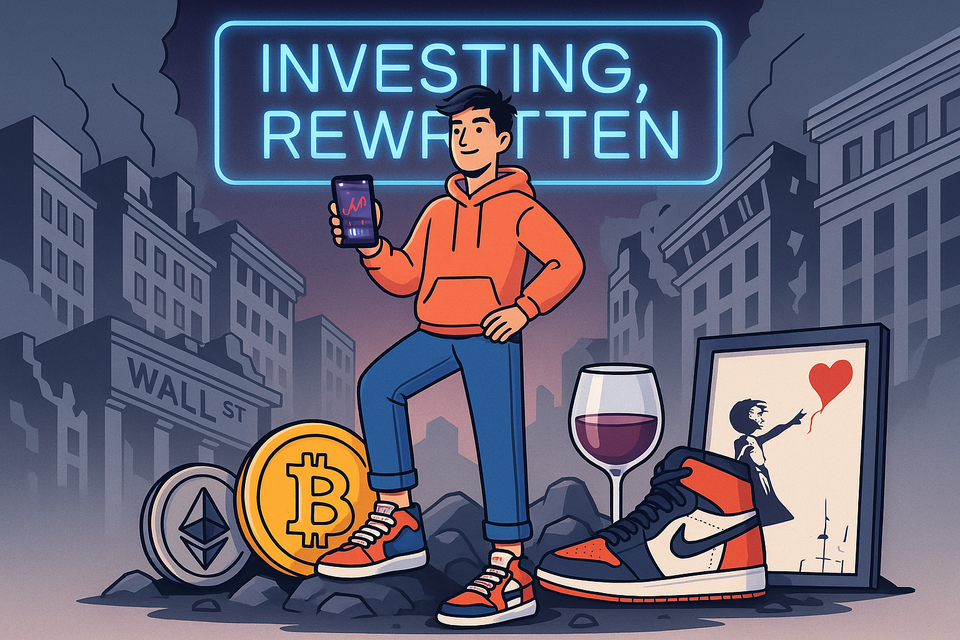
The Great Wealth Rebellion is here. And it’s wearing Yeezys.
Summary
Gen Z isn’t buying the Wall Street playbook. Literally. They’re allocating nearly a third of their portfolios to things your dad thinks are scams: crypto, sneakers, NFTs, and even wine.
Turns out, they’re not just chasing hype—they’re reshaping what investing means.
Here’s how, why, and what happens next.
Introduction: From Stock Tips to Sneaker Drops
Remember when investing meant buying a blue-chip stock and watching CNBC?
Yeah, Gen Z doesn’t.
Today’s youngest investors are skipping the index funds and heading straight to the blockchain. Or a wine vault. Or a fractional Banksy. Traditional 60/40 portfolios? That’s for people who still use voicemail.
And before you dismiss this as youthful exuberance, consider this: 31% of Gen Z portfolios are now in alternative assets, compared to just 6% for older generations. That’s not a phase. That’s a regime change.
This is a generation shaped by the 2008 crash, raised on Reddit, and hardened by meme stocks. They don’t trust the system, and honestly? The system hasn’t done much to earn it.
Trend Breakdown: The Alt Asset Playbook
Portfolio Allocation by Generation
| Generation | % in Alternative Assets |
|---|---|
| Gen Z | 31% |
| Millennials | ~28% |
| Gen X+ | 6% |
Gen Z’s portfolios look like the financial version of a sneaker wall on Instagram—flashy, diverse, and full of stuff that might not make sense to your CFA.
Gen Z's Favorite Alternatives
- Crypto/Digital Assets – 35% of Gen Z hold over half their portfolio in crypto. Not just Bitcoin—ETH, Solana, meme tokens, and more.
- Real Estate – 31% allocation, often via crowdfunding platforms like Fundrise or fractional platforms like Arrived Homes.
- Private Equity / Startups – 26% investing in early-stage companies, sometimes even their own brands.
- Collectibles – Sneakers, NFTs, vintage games, graded Pokémon cards—asset or identity? Both.
- Personal Brands – 24% are investing in themselves as income-generating machines (influencers, side hustles, monetized skills).
Platforms Gen Z Is Actually Using
| Platform | Asset Type | Notes |
| Masterworks | Fine Art | Invest in Banksy or Basquiat for $20. Total art securitized: $400M+ |
| Rally | Collectibles | Turn sneakers, cars, comics into tradable shares. SEC-qualified. |
| Public | Stocks + Alt Assets | Bought Otis, offers fractional shares in culture + ETFs |
| Robinhood | Stocks + Crypto | 1Mth share trades, meme stock central. UI looks like TikTok for options trading |
| Acorns | ETF Rounding | Rounds up your lattes into ETFs. Passive, sleek, Gen Z-friendly |
Why the Shift?
- Skepticism toward TradFi: 72% of Gen Z don’t believe traditional stocks and bonds alone will build wealth.
- Macroeconomic trauma: They came of age during 2008, started investing during COVID, and were welcomed by GameStop and inflation.
- Culture = Capital: Investments are an extension of identity. Owning a rare NFT is like wearing a Rolex—except it can go viral.
- FOMO as a driver: Social media, especially TikTok, turns every asset into a trend. If you’re not in early, you’re late.
- Tech accessibility: Fractional ownership, DeFi platforms, and slick mobile UX have lowered the barrier to entry.
- Values-first investing: 82% of Gen Z care about ESG, and 70% pick financial platforms that align with their personal values.
Why It Matters
This isn’t just about crypto bros or Yeezy flippers. It’s a deeper reconfiguration of how capital works in a generation that grew up never quite trusting it.
For Advisors:
They need to stop selling 1980s advice. Gen Z wants to talk about staking rewards, not dividend yield.
- 87% of Gen Z say they’re open to financial advisors—but they expect relevance, not lectures.
- Advisors who understand cultural capital and alt assets will dominate the next decade.
For Platforms:
The interface is the portfolio.
- If your app is clunky, forget it. Robinhood and Public win because they feel like Instagram with a brokerage license.
- Gen Z doesn't separate "investing" from "user experience"—they are the same thing.
For Markets:
The volatility is intentional.
- Gen Z is okay with riding a 30% drop in ETH if it means not being in IBM.
- To them, risk is better than boredom. Because boredom doesn’t build wealth—or followers.
For Culture:
Investing is now a public act. Portfolios are flexes.
- A fractional Banksy on your Public profile says more than a 401(k) statement.
- This is the rise of Cultural Capitalism—where financial decisions also function as social ones.
Takeaways
- Gen Z isn’t irrational—they’re reallocating risk to match their worldview. Volatile? Sure. But also early adopters of new models.
- Fractionalization is the financial unlock. With $5, they buy a Basquiat or build their own ETF of sneakers.
- Traditional finance should stop preaching and start listening. Platforms need to meet them where they live—online, mobile, and skeptical.
- Advisors and platforms that blend investing with identity will win. Think investing + branding.
- We’re watching the birth of “Cultural Capitalism.” It’s personal, public, and powered by tech.
Sources
- Forbes – How Younger Investors Are Driving a Shift Toward Alternative Investments
- CryptoRank – WEF Retail Investor Outlook 2024
- USA Today – Gen Z & Millennial Investments
- Nasdaq – Rise of Alternative Investments
- Yahoo Finance – Young Investor Demand for Alternative Assets
- 401k Specialist – Gen Z & Millennials Prefer Alternatives
- Wealth Management – Gen Z’s Alt Investing Bug
- Masterworks – Insights
- Rally – Invest in Culture
